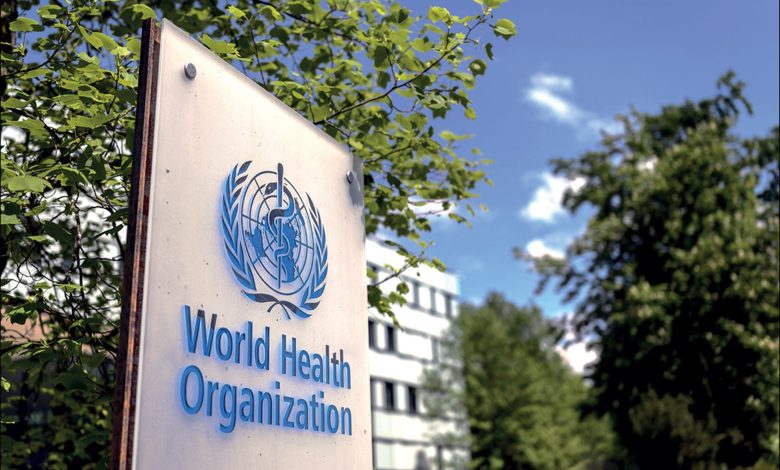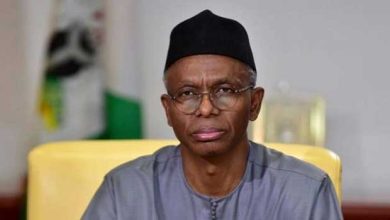News
Nearly 1 billion people battle mental health conditions, WHO warns

The World Health Organization (WHO) has sounded the alarm that nearly one billion people globally face mental health conditions, urging governments to take urgent and decisive steps to address the crisis.
The Director General of the Organisation, Dr Tedros Ghebreyesus, raised the alarm ahead of the High-Level Meeting on Noncommunicable Diseases and Mental Health slated for September 25.
According to Ghebreyesus, “Failure to address these health conditions would cost millions of lives and strain economies.
“Non-communicable diseases include 7 of the world’s top 10 causes of death. In addition, almost 1 billion people face mental health conditions”, he added
The DG further said, “Countries that act decisively to beat NCDS will save millions of lives, protect families, cut health costs, and unlock economic growth.
“In addition, more than one billion people face mental health conditions, and suicide is the third leading cause of death among young people,” he said.
He also said, ”Beyond the personal tragedies, the global toll of NCDs and mental health conditions carries enormous social and economic costs.
“Apart from cutting lives short and robbing families of their loved ones, these deaths also incur huge costs for health systems and economies,” Dr Tedros said.
Suicide was the fourth leading cause of death among 15–29-year-olds globally, with 73% of cases occurring in low- and middle-income countries.
In Nigeria, as of January 2024, the suicide mortality rate stood at 3.5 per 100,000 people, translating to about 15,000 annual deaths from suicide.
According to the WHO chief, countries have been negotiating a political declaration over the past year, which will be finalised at the UNGA meeting.
The draft includes ambitious global targets by 2030: reducing tobacco use by 150 million, expanding access to mental health care for 150 million people, and ensuring 150 million people achieve control of hypertension.
“Investing in NCD prevention is not a cost. It’s one of the smartest economic decisions any government can make.
”But often, governments face fierce opposition from industries that profit from unhealthy products,” the WHO Chief said, calling for bold leadership.
“The message is clear. Countries that act decisively will save millions of lives, protect families, cut health costs, and unlock economic growth, ” he said.
Tedros emphasised that investing in NCD prevention is a smart economic decision, not a cost.
He called for bold leadership, stating, “Countries that act decisively will save millions of lives, protect families, cut health costs, and unlock economic growth. ”
The High-Level Meeting at UNGA is expected to produce a strong political declaration, shaping international cooperation on combating NCDs and scaling up mental health support over the next decade.



